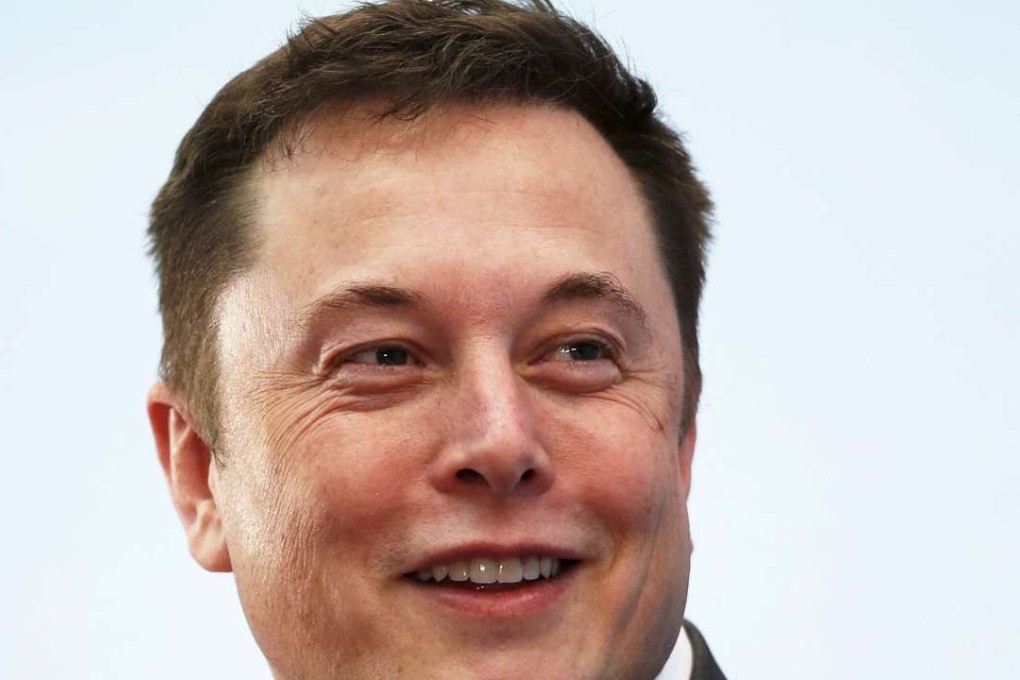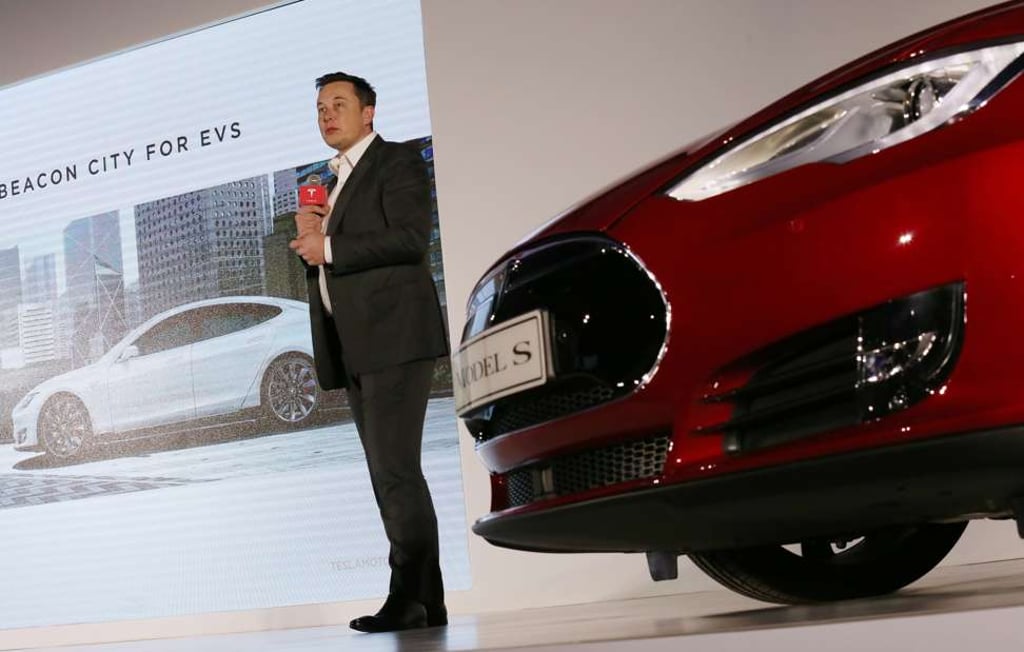Managers must push new capabilities key to future success
As a thought experiment, imagine Elon Musk were to enter your industry, what would he do differently?

Elon Musk has been known as a builder who loves to construct things. He builds Tesla cars that lure buyers from BMW, Maserati and Audi. He founded SpaceX, which manufactures and launches rockets and spacecraft. He opened the Gigafactory, which produces lithium-ion batteries, and will be the world’s second-largest plant after Boeing. He runs SolarCity, the largest solar energy services provider in America.
A sceptic of artificial intelligence, Musk has long scoffed the idea of letting the powerful technology only be controlled by a small group of elite scientists or government bodies. He founded OpenAI, a billion-dollar non-profit, to work on safer artificial intelligence, as he once solemnly warned that artificial intelligence could be “potentially more dangerous than nukes”, and likened it to “summoning the demon”.
On Monday this week, Musk launched yet another company called Neuralink, aiming to implant tiny electrodes in our brain to directly flash data to and from our consciousness. “Your phone and your computer are extensions of you, but the interface is through finger movements or speech, which are very slow,” Musk told the Vanity Fair.
This is a bold response in the age of technological acceleration. Lately, scientists have begun to realise that there is no way that human can keep up with the advancement of artificial intelligence. Millions of years of natural evolution have endowed us with an outsized brain. We possess an unparalleled skill for language and the brilliance to coordinate complex activities, well enough to outcompete every other species on earth. But that natural evolution took eons.

Meanwhile, the improvement of computing power, on average, has been doubling every 18 to 24 months. Intel has been delivering on that promise since the mid-60s, and has immortalised it in the name of the company’s co-founder: the Moore’s Law. That is why in recent successions, we saw IBM Watson beat human contestants on the game-show Jeopardy!, and then AlphaGo won the ancient board-game Go against the world champion Lee Se-dol.
